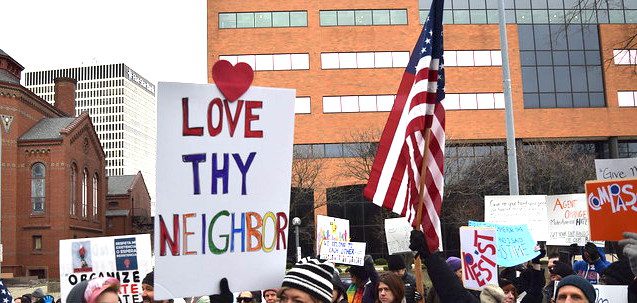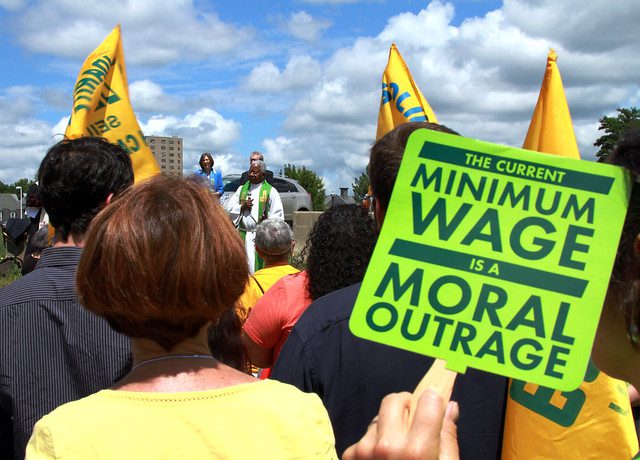To secure the benefits of resident ownership for mobile-home park residents, it is important for states to enact laws giving residents the opportunity to buy their communities. A handful of pioneering states have already developed effective statutory guarantees, yet most states have not. Without such policies, residents are vulnerable to rent increases, park closures and arbitrary park policies and are usually locked out of the benefits of ownership.
There are three types of state laws that promote resident ownership.
Right of first refusal laws require park owners to give residents notice before selling the park and the right to buy the park if they can match the terms of the proposed sale. Connecticut, Florida, Massachusetts, Minnesota, New Jersey, and Rhode Island have such laws. However, all of these states’ statutes have significant loopholes that can undercut the laws’ effectiveness.
Notice-only laws require park owners to give notice to residents before selling the park, but do not give residents a right of first refusal. Some require the park owner not just to give notice, but also to negotiate with the residents in good faith if the residents make an offer to buy the park. These laws, which are in place in California, Maine, New Hampshire, Nevada, Oregon, and Vermont, can be highly effective if they are coupled with a vigorous infrastructure that helps residents arrange funding. Most of the states’ statutes (with the exception of New Hampshire and Vermont) have significant loopholes, however.
Tax incentives are provided in Oregon and Vermont, if the park owner sells the park to the residents.
The National Consumer Law Center has launched a new project to help advocates develop policies that foster resident ownership. For more information, contact Odette Williamson or Carolyn Carter at 617-542-8010 or Jon Van Alst at 202-452-6252.




Comments